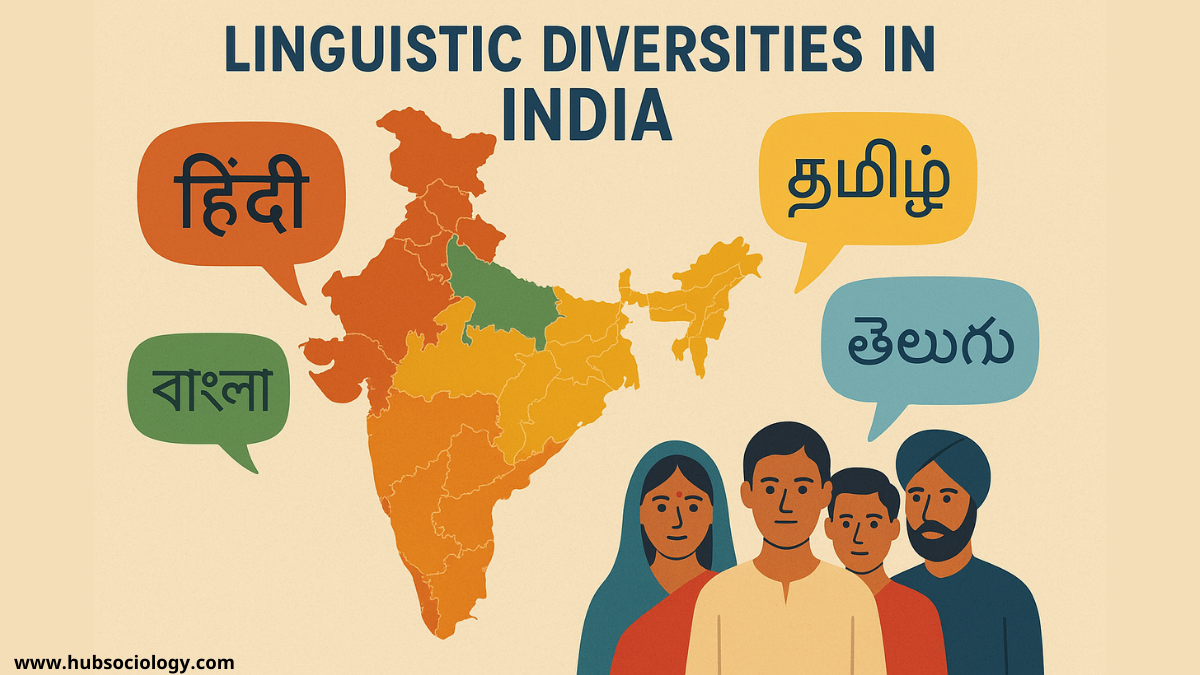Kinship Groups: Lineage and Clan/Gotra in Sociological Perspective
Introduction on Kinship Groups: Lineage and Clan/Gotra Kinship is one of the most fundamental social institutions, shaping familial relationships, social organization, and cultural practices across societies. Among the various forms of kinship groups, lineage and clan/gotra play crucial roles in determining social structure, marriage rules, inheritance, and identity. These kinship systems are deeply embedded in cultural traditions and influence … Read more









